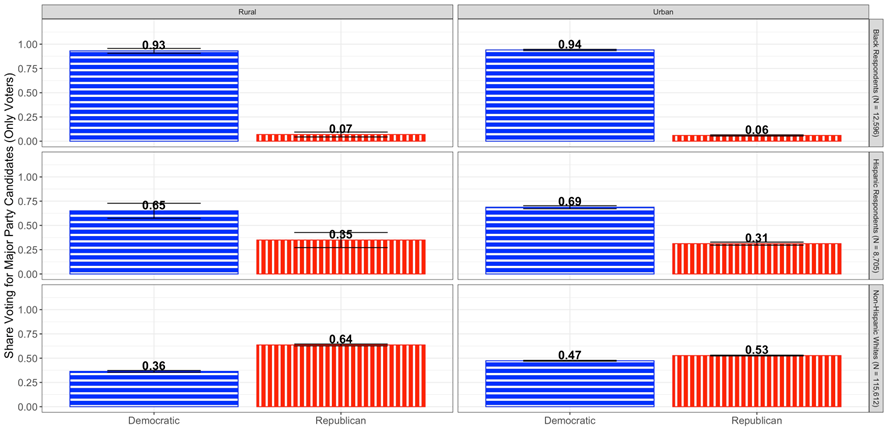

Also use a towel or cloth on top of the rubber band so it’s gentler on your hand / skin.
Why it works: this fixes the problem of poor friction; metal doesn’t grip well against skin (especially if your hand is wet or oily). The rubber band grips well against the metal of the lid and your skin (or towel).









I feel like we heard this same sentiment 4 years ago, and yet here we are.